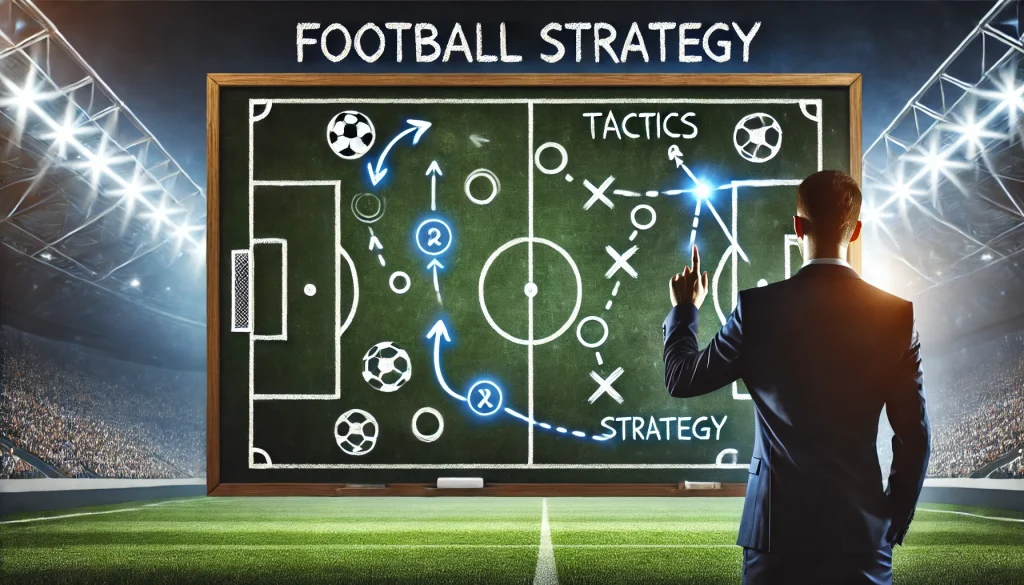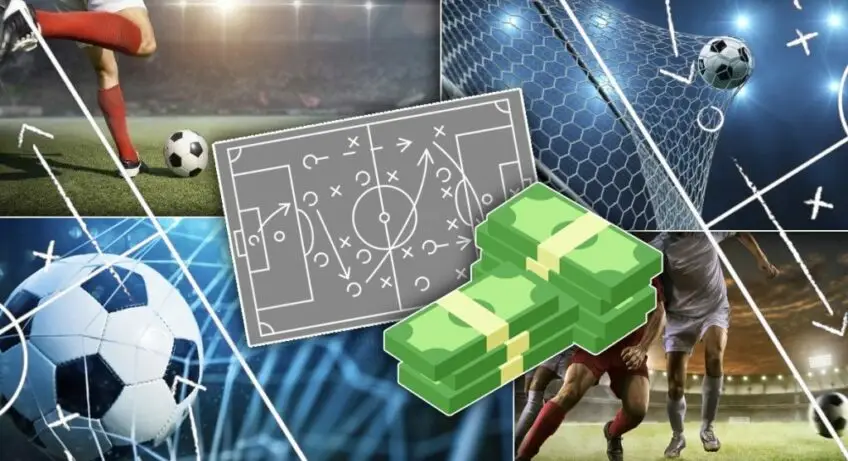Sports predictions are a tool with a loud facade and unpredictable content. Some view them as a financial strategy, others as a guide to gambling. The question of whether you can trust the sports predictions of experts doesn’t require belief, but rather an understanding of the nature of the predictions, the analysis methods, the levels of responsibility, and the limits of probability.
A Profession Without Guarantees: Who Are Sports Experts?
Before deciding whether to trust the sports predictions of experts, it’s important to find out who exactly is behind this term. There are three types of professionals in the sports industry:
Form and Statistical Analyst. Works with tables, makes dozens of comparisons: lineups, injuries, fixture lists, and motivational factors. The basis is sports analysis and previous results. Such an expert doesn’t make a prediction, but rather calculates a probability.

Insider. Works with access to non-public information: transfer negotiations, internal conflicts, the state of management. Such a person doesn’t perform calculations, but rather makes observations from a privileged position.
Popularizer. Creates reviews, expresses opinions, but often without in-depth analysis. Works to gain audience attention, not long-term accuracy. In this case, sports predictions from professionals may lack analytical foundation.
Should You Trust Expert Sports Predictions: Hidden and Obvious Variables
 To understand whether you should trust experts’ sports predictions, you need to consider what exactly influences their effectiveness. Even with high qualifications, the outcome is never guaranteed. The following can have an impact:
To understand whether you should trust experts’ sports predictions, you need to consider what exactly influences their effectiveness. Even with high qualifications, the outcome is never guaranteed. The following can have an impact:
- Injuries (sudden, hidden, underestimated).
- The team’s emotional background (memorial match, scandals, busy schedule).
- Climatic factors (rain, heat, altitude).
- Referee factor (appointed by a referee known for making mistakes).
- Athlete psychology (reconversion after an injury, pressure at home games).
- Motivation (tournament already decided, rotation, reserve team).
For all these reasons, sports prediction is not a precision craft, but a high-risk probabilistic model.
The Essence of a Prediction: How an Analyst Places a Sports Bet
To understand whether you can trust experts’ sports predictions, you need to understand the process behind each bet. This is the result of a step-by-step analysis based on four real-world levels of match evaluation.
The first step is to analyze the form. Example: A football club has played its last five matches, winning three, drawing one, and losing one. But it’s not just the wins that count – you also need to look at the opponents’ condition, how the matches unfolded, and the coach’s decisions. A win over the reserve team of a mid-table team is significantly less important than an away draw against the league leaders. Therefore, the expert doesn’t focus on the score, but rather on the strength of the opposition and the style of play.
The second phase is studying the composition. The analyst checks who has been disqualified or injured. For example, a team in a Europa League match might lose two key midfielders—the main passer and the defensive midfielder. This changes the structure of the midfield, weakens positional attacks, and disrupts interplay between the lines. Such nuances are often lost in the news feed, but become crucial in the context of the forecast.
Next, the context is considered. Let’s assume a team is in fifth place, three points behind the Champions League zone, and its next match is against a direct competitor. Such a match takes on the character of a season match, where motivation is doubly increased. The analyst reviews the fixture list, determines the level of fatigue after previous matches, and examines home and away performance. Home advantage is particularly important: a club that has lost two away games in a row can use home advantage to rebound.
The fourth level is motivation. If the tournament task is already determined in advance, for example, if the team has secured a playoff spot with two rounds to go, a rotation option is possible: The coach gives the reserve a chance. The analyst tracks the trends in such decisions, studies press conferences, and concludes: A fight or a formal entry onto the field is to be expected.
Paid vs. Free Predictions
Choosing between paid and free predictions requires critical thinking. Price alone is not proof of accuracy. To understand whether you can trust experts’ sports predictions, it’s important to consider not the payment format, but the working methods and structure of the analysis.

Free models are more commonly published on sports platforms, blogs, and public pages. They are created by both experts and amateurs. Most of these predictions contain generalizations: the team is in form, they’re playing at home, their favorite scheme is working. In reality, this means nothing. However, there are exceptions: experienced analysts share their logic for free to demonstrate their level of thinking. For example, before the Atlético-Getafe match, one forecaster described how the visitors’ lack of a center-back changed the entire pattern, led to a shift in flanks, and weakened the support zone. The prediction turned out to be correct, but the value lay not in the result, but in the reasoning.
Paid models often include additional details: detailed statistics, links to insider information, and a selection of offers from various bookmakers. Sometimes their authors create closed chats where they post explanations and maintain an archive. However, not all of these paid resources are trustworthy. The same game can be accompanied by the confident statement “100% pass” – a sign of amateurism. For example, before the FA Cup final, an expert claimed the favorite would win, ignoring the absence of two key wide players, which ultimately led to the bet being lost.
A quality forecast, regardless of the payment format, is always based on logic, cause-and-effect relationships, and openness. A reputable expert will explain their reasoning, acknowledge the possibility of errors, but justify their choice with facts and figures.
How to Distinguish an Expert from a Manipulator
To avoid making a mistake in your choice and determine whether you should trust the experts’ sports predictions, it’s enough to apply a simple algorithm:
- Signs of a Real Analyst:
- Publishes an archive of bets with results.
- Confirms that predictions are incorrect.
- Gives reasons for each selection.
- Doesn’t promise 100% success.
- Explains the betting strategy.
- Doesn’t require a paid subscription.
- Uses easy-to-understand analytics.
Points out risks.
Signs of a Manipulator:
- Calls “cast-iron” rates.
- Hide losses.
- Sells “insider information.”
- Disguises themselves as an anonymous “capper.”
- Puts pressure on emotions and urgency.
- Changes the account after a series of errors.
How to Bet Wisely on Sports
Every prediction is a cause for reflection. Therefore, even if they trust an expert, the bettor must:
- Check the statistics themselves.
- Analyze the bookmaker: line movement, margin.
- Determine betting strategies that fit your budget.
- Study the team’s motivation, not just the odds.
Should you trust expert sports predictions: Conclusions
 The answer depends on your critical thinking skills, your ability to distinguish signal from noise, and your willingness to take responsibility for your own decisions. Models work when they are integrated into the system, not when they replace analytics.
The answer depends on your critical thinking skills, your ability to distinguish signal from noise, and your willingness to take responsibility for your own decisions. Models work when they are integrated into the system, not when they replace analytics.
 en
en  de
de  ar
ar  es
es  nl
nl  hi
hi  fr
fr  it
it  pt
pt  el
el 









